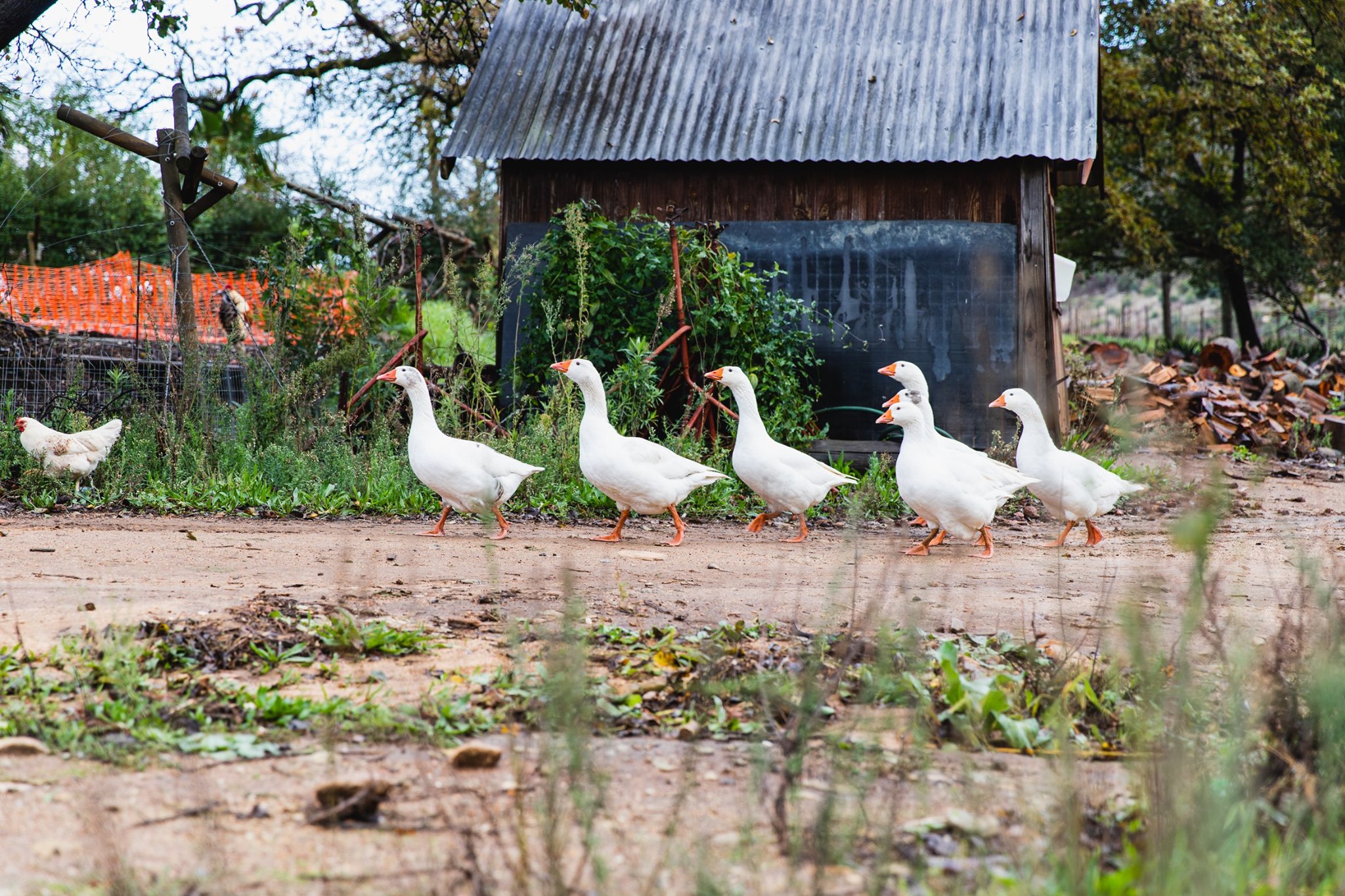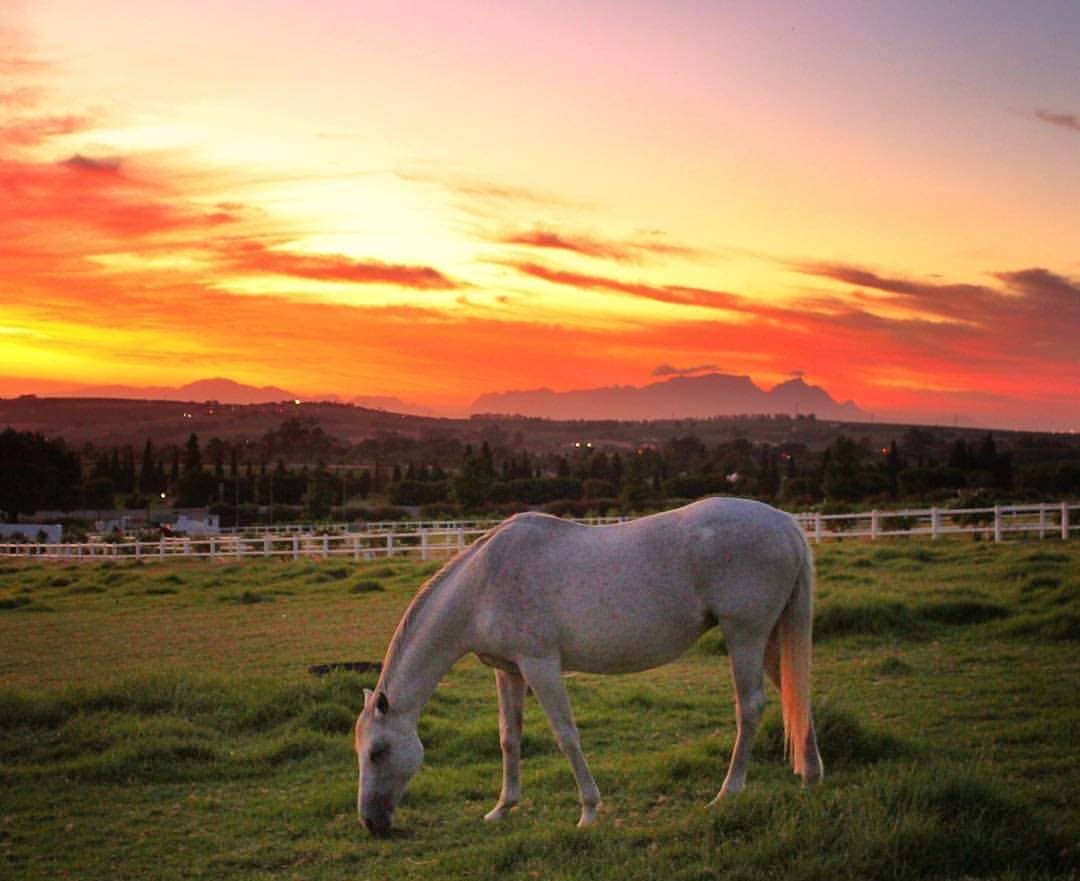Earth Chats welcomes Dr Michelle Henley, Co-founder, Director and Principal Researcher of Elephants Alive. The mission of Elephants Alive is to “ensure the survival of elephants and their habitats and to promote harmonious co-existence between elephants and people.”
Listen to the Earth Chat below:
Follow and listen to Earth Chats on Spotify, Google Podcasts and Apple Podcasts


About Dr Michelle Henley
Elephants Alive Co-founder, Director & Principal Researcher. Michelle has been studying elephants for the more than 25 years and has a PhD from the University of the Witwatersrand in Johannesburg on the Sex- and Age-related Feeding Distinctions of the African Elephant. Michelle has published numerous articles in peer-reviewed scientific journals, publications and contributed to various books as well as the author of illustrated children’s books on elephant conservation.
Michelle is a registered Post-doctoral Fellow at the Applied Behavioural Ecology and Environmental Research Unit of the University of South Africa and a Trustee of the Elephant Specialist Advisory Group of South Africa. In 2009 she received her Post Graduate Certificate in Education (with distinction) in order to be better equipped to teach children about the environment. Michelle won The Wildlife and Environmental Society of South Africa (WESSA)’s National Award for an Individual (2013), was finalist in the Tusk Conservation Leadership Awards (2016), runner up to the Mail and Guardian, Greening the Future Awards for both the Species and Biodiversity Stewardship categories (2016) and finalist in the Eco Angel Awards (2017). Michelle was elected as one of 10 of the most inspiring women in South Africa by Culture Trip (2017) and was invited by the IUCN to serve as a member on the African Elephant Specialist Group (2017).

About Elephants Alive
In 2003 Michelle co-founded the Transboundary Elephant Research Programme, together with Chair Marlene McCay, as the South African branch of Save the Elephants – which later became Elephants Alive.
Elephants Alive monitors elephant movements, using advanced GPS and GMS technology, and their social interactions within the Great Limpopo Transfrontier Park, straddling South Africa, Mozambique and Zimbabwe.
Elephants Alive have numerous objectives and methods applied for the survival of the African Elephant and have become the last stronghold for the African elephant due to uncontrolled poaching to the north of Botswana, Namibia, South Africa and Zimbabwe. More than 1,500 individual elephants have been identified and are monitored.
Elephant poaching
“The statistics are staggering; 36,000 African elephants are brutally slain by poachers every year. That’s 96 a day. One elephant killed every 15 minutes. If the killing continues at this rate, there will be no elephants left in the wild in 2025. This is the deciding decade- a critical time in the life of this majestic, ecologically important animal.” Two Girls and an Elephant
Support Elephants Alive by making a donation here

ADDIS ADIBA – FEMALE 
BIG FLAP – MATURE BULL 
APOLLO – PRIME BULL
Finding Fortunate and being FORTUNATE to have recorded his movements
Collaring and Tracking the Giants

Elephants Alive have collared, since 1998, over 70 elephants in the Kruger National Park and in the Association of Private Nature Reserves in South Africa as well as in the Limpopo National Park in Mozambique. The collars are fitted with GPS and GMS technology giving the researchers the ablity to track, understand and communicate elephant movement throughout the Park in relation to stresses such as hunting, poaching, human infrastructure and the effects on vegetation where elephants and man co-exist.
Support Elephants Alive by making a donation here




Follow Elephants Alive on Facebook, Instagram, and YouTube
Other Elephants Alive Projects
- Bees, Trees, Elephants and People, Using African honeybees as a deterrent method for African elephant impacts on marula trees in South Africa – MORE INFO
- Protecting large trees – Elephants impact large trees– they strip the bark, break branches and uproot the trees. This causes Human: Elephant Conflict, as these iconic large tree species are considered of ecological and aesthetic importance to reserve managers, tourists and landowners. MORE INFO
- Critically Endangered Vulture and Tree Links – South Africa’s white backed vulture is now Critically Endangered, and its numbers continue to plummet. The main cause of this rapid decline are indiscriminate poisonings, where the birds are drawn to poisoned baits, use of vulture body parts in traditional medicine, and deliberate targeting by poachers, as the presence of vultures can alert authorities to illegally killed big game carcasses. MORE INFO
- WHEN THE WISE MEET THE WISE – elephants and grandmothers! – Like the elephants we study – senior citizens are the backbone of society. Help us enable grandmothers to meet elephant matriarchs and mentors. Photos are taken by Wild Shots Outreach – Founded in 2015 and aim is to engage young people from disadvantaged communities in wildlife and wild places through photography.
SAVING the most poached and trafficked mammal on the planet, the PANGOLIN
THE INCIDENTAL TOURIST, an eco-travelling storyteller




